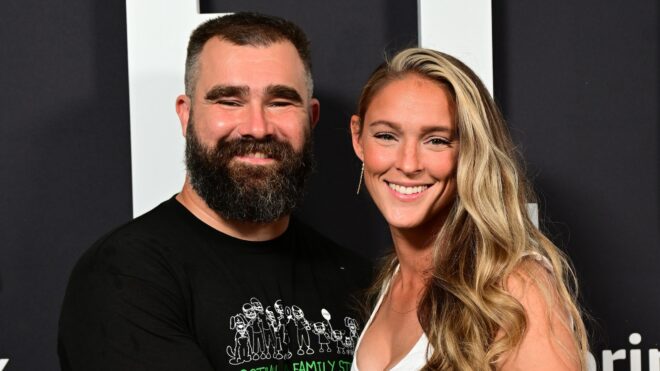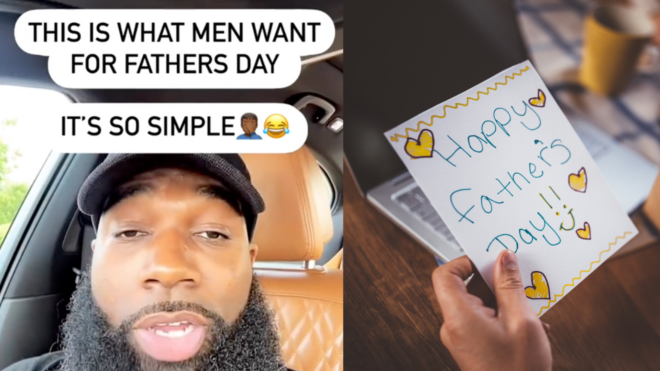
In recent weeks, I have heard about fatal accidents happening at Flat Bridge in Jamaica. My family is Jamaican. The culmination of my driving lessons was me being able to drive independently over that bridge without incident. The bridge has no rails, and a single lane. The deceptively calm river underneath has claimed many lives. It was a hot Friday afternoon when daddy had me undertake the drive. His instructions were clear. Keep both hands on the steering wheel, and drive straight ahead without paying attention to what’s happening outside the car. I was a nervous wreck but made it safely across.
That final driving lesson was a metaphor for how I should approach life and how daddy approached fatherhood.
Firmly grasping the steering wheel made sure that I focused on what I could control. Ignoring everything outside the car meant blocking all distractions and detractors. If it’s not helping me get to the other side, it’s irrelevant.
Through all of this, daddy was a constant and reassuring presence. He wasn’t completing the task for me, but he never left my side. My constant source of support and strength. This was the epitome of fatherhood to him.
Father’s Day can be a challenging period.
For many, it can evoke a feeling of abandonment and other subsequent issues with inadequacies. For me, this time of year always creates conflicting emotions. I was a daddy’s girl and a fierce defender of fathers. I also know that no father is perfect, including mine.
I often struggle to reconcile my personal experience with fatherhood and the narrative that exists out there. I have also had to be both introspective about my own father, deliberately acknowledging his shortcomings. Depending on the category, I grade him on the curve. He, however, has never failed.
If my dad’s final driving lesson is a metaphor for successful fathering, then the cornerstones of fatherhood would be dependability, bravery, and selflessness.
The caricature of manhood often interferes with many men hitting this ideal. Bravery is often distorted, and the male ego, and stereotyping, gets in the way of selflessness.
My father’s professional and working life was spotty at best. That allowed him to be present for my entire childhood. Children are often unaware of marital challenges, so I have no way of knowing how someone as proud as my father coped with not being the breadwinner. My rose-colored version would like to think that selflessness won the day.
I now know that this is why so many of my childhood memories include him. He was the one that stayed up to rub my tummy when I had diarrhea and applied the ointment during my episode of scabies. One of my vivid memories of daddy is him standing in the kitchen sewing a hole in my red and white polka dot panties. I was 13 years old and they were my favorite.
In a world where a man’s worth is often decided by material wealth, it is easy to understand how abandoning a child and home would seem easier than facing public humiliation.
That, of course, doesn’t excuse it. But I am forced to wonder how different my childhood would have been if my dad wasn’t the primary caregiver. If he felt belittled by not being the breadwinner.
I also have to confront what kind of husband it made him. His inability to find and keep jobs were often of his own making, and my mother clearly struggled to support the family. I conveniently refuse to grade him in this area as it is out of the scope of our father-daughter relationship.
As another Father’s Day approaches, I’m consciously trying to embrace the concept of the failing father.
The narrative that each child chooses to share is personal and private, borne from their own personal experiences. No father is perfect. They are not expected to be. But I realize now that mine fulfilled his most important task. He taught me how to cross bridges.







